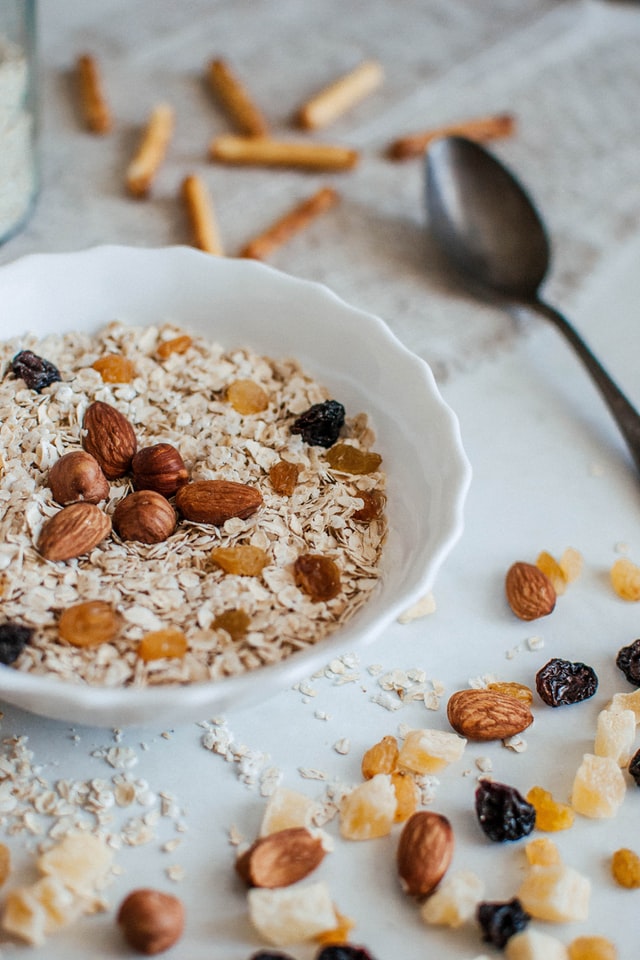A stroke occurs when a blood vessel in the brain is blocked or there’s bleeding in the brain. It is among the leading causes of death in the United States.
What causes a stroke?
A blood vessel that carries oxygen and nutrients to the brain is blocked by a clot (ischemic stroke) or bursts/ruptures (hemorrhagic stroke). A transient ischemic attack (TIA) is caused by a clot that is temporary – this is also called a mini stroke. As a result, the brain cells die as they do not receive the oxygen (carried by the blood) that they need.
80% of second clot-related strokes are preventable. Developing healthy eating habits is one of the best ways to prevent a stroke.
High blood pressure and high cholesterol increase your chance of having a stroke.
How to prevent a stroke through diet:
- Limit your salt intake and maintain a healthy blood pressure
- Aim for 1500 – 2300 mg/day of sodium in your diet
- Keep your blood cholesterol levels within recommendations
- Limit saturated fat intake and trans fat intake
- Avoid fried foods, butter, high fat dairy products (i.e., whole milk, cheese – stick to low-fat cheese), bacon, sausage, red meat, margarine, fried foods, packaged foods, foods with hydrogenated oil under the ingredient list
- Choose lean protein sources such as egg whites, chicken, fish
- Keep your blood sugar in control
- Limit your indulgences (i.e., cake, cookies, donuts, muffins, pizza)
- Portion control
- Start utilizing measuring cups to get a sense of portions
- Buy portioned items (i.e, small individual bags versus large bags), nut packs versus large container of nuts
- Limit alcohol so you’re drinking in moderation
- Get active – aim for a goal of 30 minutes of physical activity daily
Find Areas to Improve Your Diet
Identifying foods you eat that can lead to high blood pressure and high cholesterol and replacing them with healthy alternatives is an essential part of a healthy lifestyle. Nutritional Therapy at Behavioral Nutrition can help you analyze your diet and find the best places for changes to be made. Our Nutritional Therapists understand that everyone is different and work hard to find sustainable solutions for each individual. Developing healthy eating habits incrementally is the best way to achieve a healthier diet so we normally set goals that will allow healthy eating to become a habit. Practicing good dieting behaviors will help you look and feel great while lowering the risk for a stroke. Get in touch with us today to learn more about how Nutritional Therapy services can help you improve your diet in a way that can be sustained.



